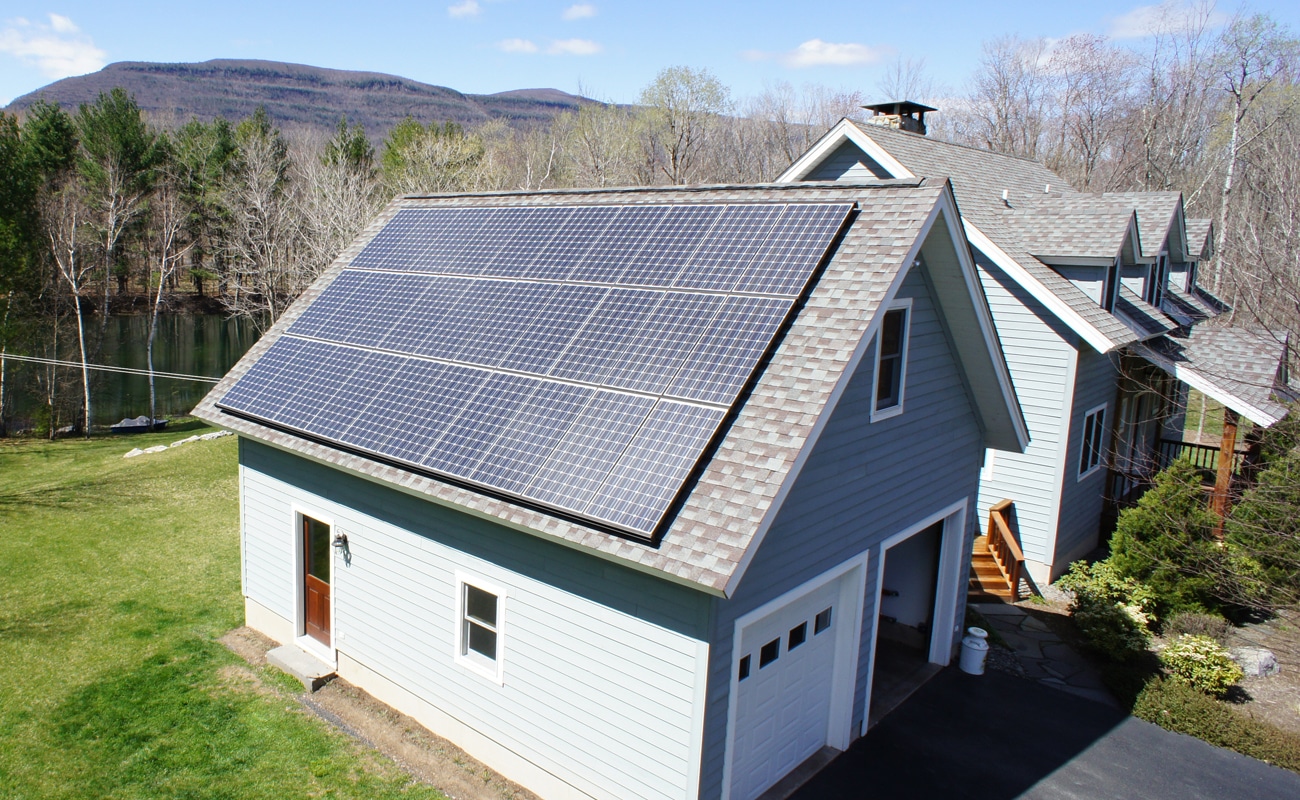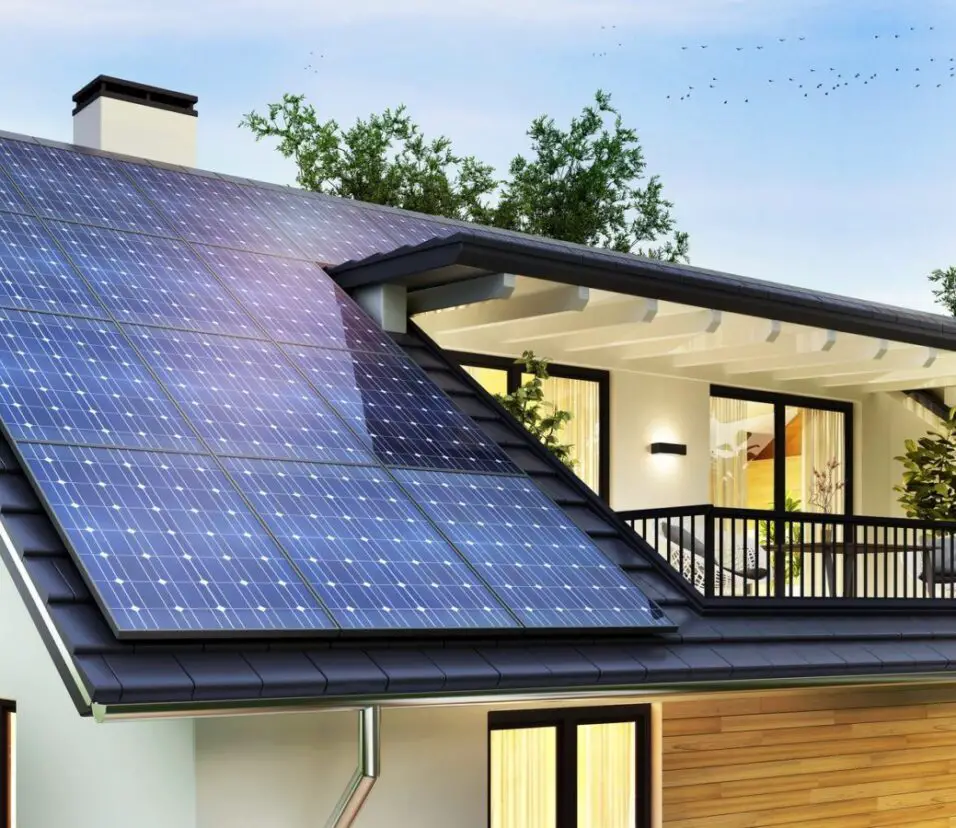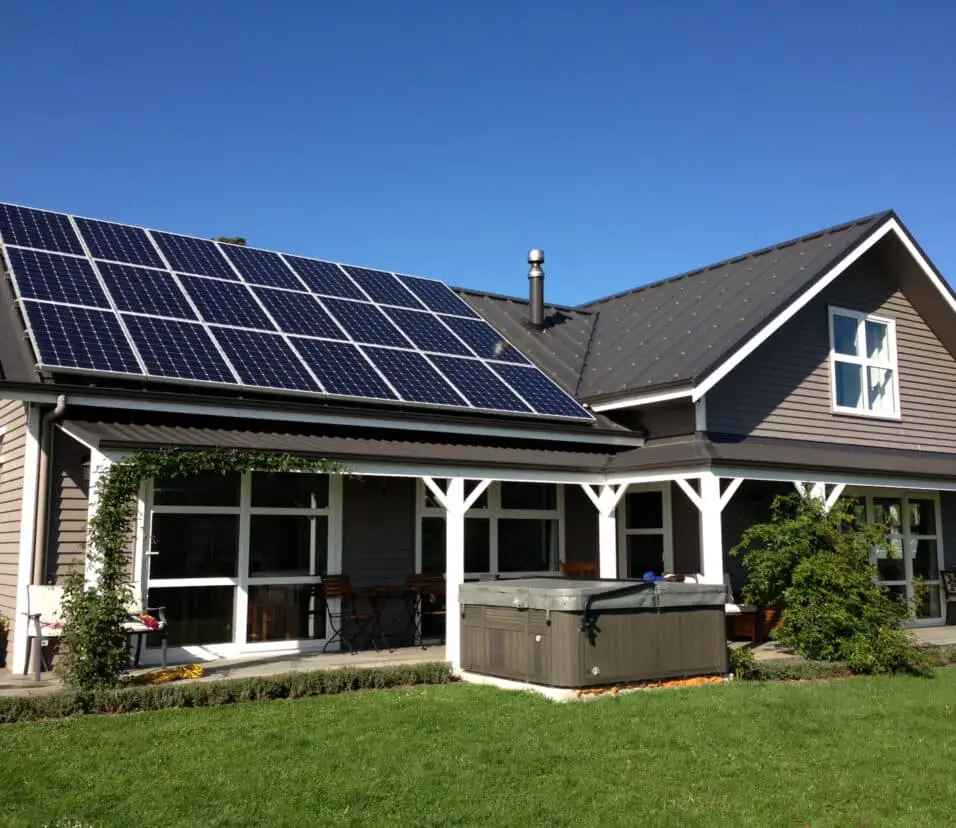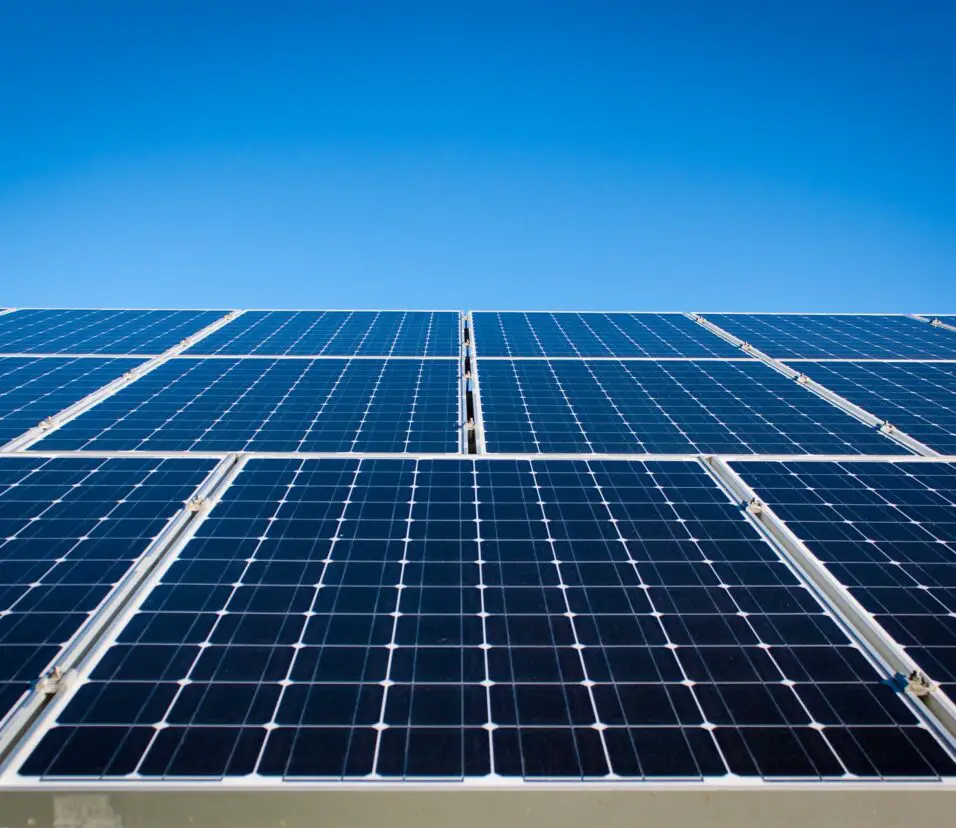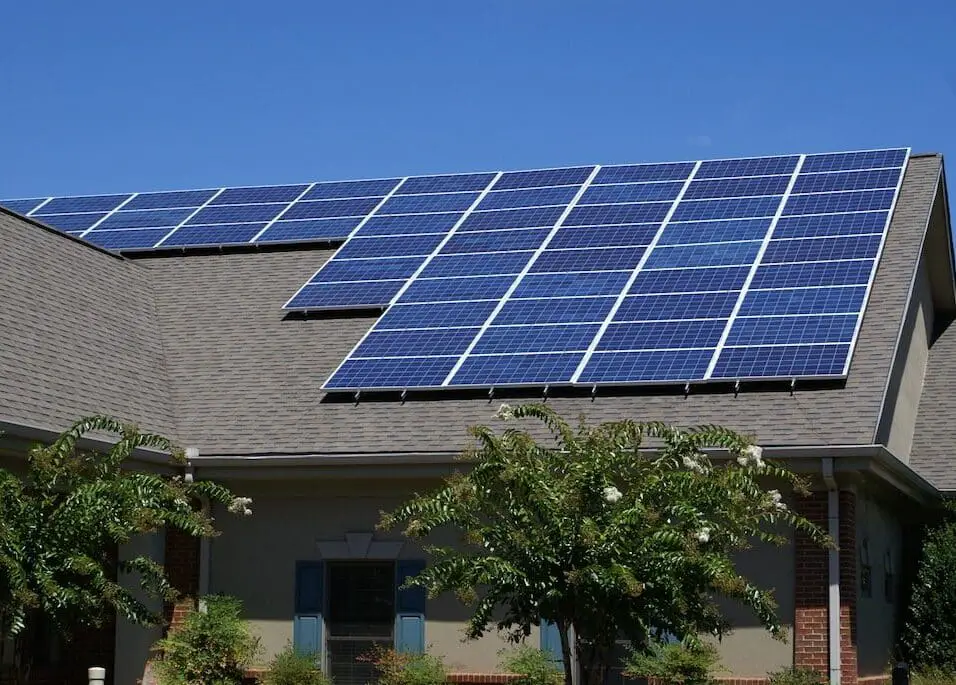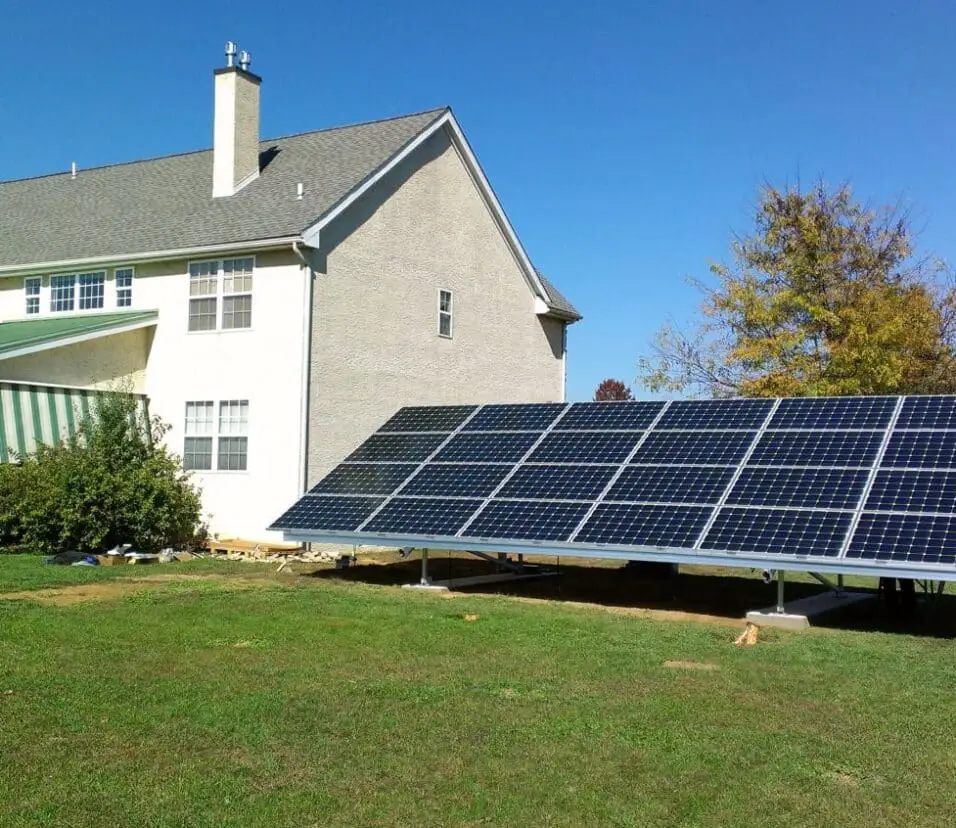Do Solar Screens Make Your House Dark
Introduction
Do Solar Screens Make Your House Dark: It is true that solar screens are designed to block a certain percentage of sunlight and heat, but their impact on interior brightness is not as drastic as some might assume. Manufacturers have carefully engineered these screens to strike a balance between energy efficiency and preserving natural light levels. The degree of light blockage varies depending on factors like screen color, material, and density, but it is essential to remember that the goal is to reduce excess heat and glare without plunging the interiors into darkness.
Homeowners have the flexibility to choose from a range of solar panels options, each tailored to suit specific needs. While some may opt for screens with a higher level of light blockage to maximize energy savings, others might select screens with a lower opacity to retain a brighter ambiance indoors. Striking the right balance depends on various factors, including the orientation of the house, the climate of the region, and personal preferences.
In reality, many users find that solar screens provide a comfortable and well-lit living environment. By effectively controlling the amount of solar heat gain, they prevent overheating during scorching summer months, thus reducing the need for excessive air conditioning. This, in turn, not only leads to energy savings but also fosters a more sustainable lifestyle.
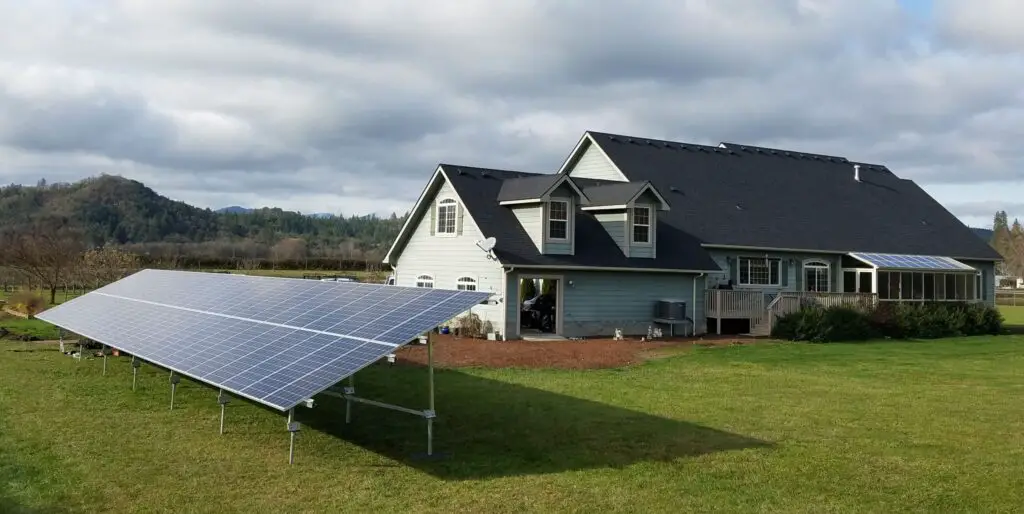
How dark are solar screens?
Solar screens come in various opacities, which refers to their ability to block out sunlight. The opacity of these screens is measured as a percentage, representing the amount of light they allow to pass through.
The material used in solar screens plays a crucial role in determining their opacity. Traditional solar screens are often made from durable and dense materials, such as PVC-coated fiberglass or polyester. These denser screens offer higher opacities, blocking a significant amount of sunlight to reduce heat gain and glare. On the other hand, newer and innovative screen materials, like solar meshes and open-weave fabrics, provide lower opacities.
Allowing a more generous amount of natural light to filter through.
The color of solar screens also influences their darkness. Dark-colored screens, such as black or dark gray, absorb more light and heat, resulting in a higher opacity. Conversely, lighter-colored screens, such as beige or light gray, tend to reflect more light and have lower opacities.
Achieving the perfect balance between energy efficiency and natural light is crucial when considering solar screens for your home. This approach effectively blocks excess heat and UV radiation, resulting in reduced cooling costs and UV damage protection for furnishings.
Do solar screens block sun?
Solar screens filter 65-90% of UV radiation, preventing window and home heating. However, the screens only limit 15%–40% of visibility, depending on cloth, so your plants still get enough light.
Durable and heat-resistant solar screens are custom window coverings. They absorb, reflect, or diffuse sunlight before it enters a building to minimize solar heat input. These screens are strategically placed on windows and external openings to block direct sunlight and reduce home heat buildup.
Solar screens absorb and reflect sunlight to block it. Dark materials absorb sun radiation well in these screens. The dark screen absorbs a lot of sunlight, preventing it from heating the glass.
Solar screens are also reflective. Silver and white panels reflect some sunlight back outside, limiting heat gain. Absorption and reflection block a lot of solar heat, keeping the interior cooler and more comfortable.
Novel solar screen materials like solar meshes and open-weave textiles block sunlight through dispersion. These screens have microscopic apertures that scatter and distribute sunlight. This diffusing effect decreases direct sunlight, reducing glare and keeping a well-lit, naturally illuminated living environment.
Are solar screens good or bad?
Solar screens can help make your home more energy-efficient by up to 50%, reducing your cooling costs and even reduce your carbon footprint. Solar screens can provide protection for your furniture, flooring, and curtains from fading and sun damage.
While solar screens are designed to block a portion of sunlight to reduce heat gain and glare, they do not make your home dark and gloomy. The degree of light blockage can be tailored to suit your preferences by choosing the appropriate screen opacity and color. Innovative materials like solar meshes and open-weave fabrics allow natural light to pass through while providing effective solar heat control. With strategic placement and customization, solar screens can maintain a bright and well-lit living space without compromising energy efficiency.
While it’s true that solar screens are especially effective in warm climates, they can benefit homes in various regions. In colder climates, solar screens can still provide insulation during winter months, reducing heat loss and heating costs. Their UV protection is valuable in all climates, as it helps safeguard your belongings from sun damage, regardless of temperature.
Are solar screens good for privacy?
We love solar shades because they block light without blocking your view, BUT they’re not a good choice for privacy. Solar shades have an open weave fabric that allows light and air to pass through. During the day you can see out but, passers-by can’t see in. However, at night the effect is reversed. These materials allow natural light to pass through while restricting the view from the outside. Passersby or neighbors are unable to see inside your home, providing an element of seclusion and peace of mind.
During daylight hours, solar screens are highly effective in maintaining your privacy. Their unique design creates a one-way view, allowing you to see outside while those outside are unable to see in. It is essential to recognize that solar screens’ privacy benefits decrease at night. When interior lights are on, the contrast between indoor and outdoor lighting levels diminishes, potentially allowing outsiders to see inside. To address this concern, homeowners can consider combining solar screens with curtains, blinds, or drapes for added nighttime privacy.
Solar screens offer a degree of customization, allowing homeowners to tailor their privacy level. The opacity and color of the screen material can be chosen to suit individual preferences and the desired level of seclusion. Darker colors and higher opacities provide more privacy during the day, while lighter colors and lower opacities allow for greater visibility and a softer view.
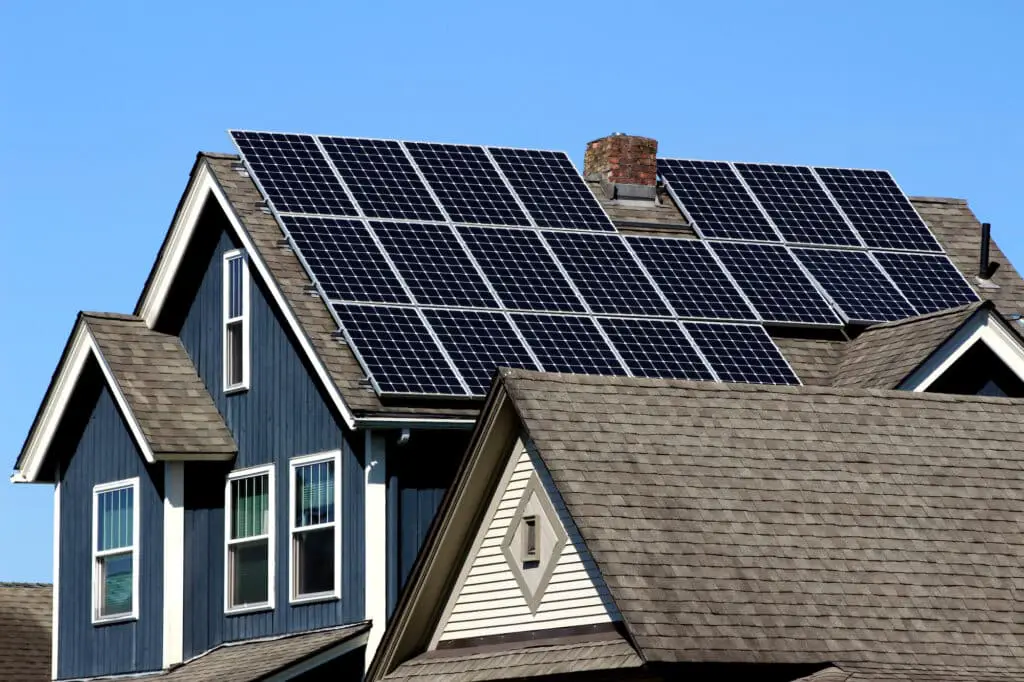
How long are solar screens effective?
Cheaper solar screen fabrics (like those made overseas) are much more likely to fade and fail after just a few years. Even if Phifer Suntex and Twitchell Textile fades after 10-15 years, the screens are still effective at keeping out the heat and harmful UV rays from the sun.
Reputable manufacturers often offer warranties on their solar screens, which can provide insight into their expected lifespan and effectiveness. A typical warranty may cover a specific number of years, ensuring that the screens will maintain their efficiency and functionality during that period. Checking the manufacturer’s warranty is an essential step in assessing the expected longevity of solar screens.
Maintaining the Efficiency of Solar Screens through Cleaning and Inspection
Proper maintenance and care significantly contribute to the effectiveness and longevity of solar screens. Regular cleaning with mild soap and water can help remove dirt, dust, and debris that may accumulate on the screens, ensuring they continue to provide optimal performance. Additionally, inspecting the screens periodically for any signs of damage or wear and tear allows for timely repairs or replacements, if needed.
The environment in which solar screens are installed can impact their effectiveness and lifespan. Screens that are subject to harsh weather conditions, such as intense sunlight, high temperatures, strong winds, or heavy rain, may experience more wear and tear over time. Choosing screens with appropriate UV and weather resistance ratings can help extend their lifespan in such conditions.
One of the primary benefits of solar screens is their ability to block harmful UV rays and protect furniture, flooring, and other belongings from fading and sun damage. However, solar screens themselves may experience some fading over time due to prolonged UV exposure. Ensuring the screens are well-maintained and of high-quality can help mitigate this issue and prolong their effectiveness.
What is the best color for solar screens?
The best outward visibility is through the darker color solar screens: either black, brown or dark bronze. I know that sounds backwards, but think of sunglasses and how their lenses are always a very dark color. The dark lenses cut the glare and the eyes see right through it. It is much the same with solar screens.
Dark-colored solar screens, such as black or dark gray, are excellent at absorbing solar heat. As sunlight strikes the dark surface, a significant portion of the energy is absorbed, preventing it from entering your home. This results in enhanced energy efficiency, as the screens effectively block heat and reduce the need for air conditioning during hot summer months. However, it’s essential to consider that darker screens may have a more significant impact on the exterior appearance of your home, which may or may not align with your design preferences.
Customizing Aesthetic Appeal with Solar Screen Color Options
Some solar screen manufacturers offer custom color options, allowing homeowners to choose the shade that best complements their home’s exterior. Opt for a color that harmonizes with the existing exterior to maintain a visually appealing appearance.
Additionally, take into account the surrounding landscape. For instance, homes surrounded by lush greenery may benefit from screens with colors that complement or enhance the natural surroundings.
Should I remove solar screens in winter?
Reduction in Energy Costs
By removing your window screens during winter, you can let more natural heat from the sun enter your home. This extra heat contributes to your home’s internal heating, allowing your HVAC to keep you comfortable without using so much energy during daytime.
Increased Natural Light: Solar screens are designed to reduce the amount of sunlight that enters your home to minimize heat gain. However, in the winter months, natural light is valuable for providing warmth and enhancing the ambiance indoors. Removing the screens allows more natural light to enter, contributing to a brighter and cozier living space.
Passive Solar Heating: During winter, the sun’s position is lower in the sky, and its rays have less intensity. Without the solar screens blocking the sunlight, you can take advantage of passive solar heating. Sunlight entering through the windows can directly warm the interior, reducing the need for artificial heating and potentially lowering heating costs.
Prevent Snow Accumulation: In regions with heavy snowfall, leaving solar screens on during winter can lead to snow accumulation between the screen and the window. This trapped snow can create a barrier, preventing natural light from entering and reducing the passive solar heating benefits.
Loss of Energy Efficiency: Solar screens are effective at blocking solar heat gain during the summer, which helps reduce the need for air conditioning and cooling costs. Removing the screens in winter means losing this energy-efficient feature, which could result in higher heating expenses.
Limited UV Protection: Solar screens provide UV protection year-round, preventing fading and damage to your furniture, flooring, and belongings. By removing them in winter, your interiors may be exposed to harmful UV rays, potentially leading to sun damage.
Why are solar screens black?
Dark fabrics provide excellent glare control by reducing the visible light that comes through the fabric. Fabrics that block 94%-96% of the visible light provide excellent glare control characteristics, absorb some heat, and keep heat at the window until it dissipates into the room.
The dark color of solar screens not only contributes to their heat control properties but also enhances their ability to block harmful ultraviolet (UV) rays. UV rays are responsible for fading and damaging furniture, flooring, and other belongings over time. Solar screens act as a protective barrier, absorbing and filtering out a significant portion of these harmful rays, safeguarding both the occupants and the home’s interior from UV damage.
The black color of solar screens also complements various architectural styles and exterior color palettes. It blends well with most building materials and is less likely to clash with the existing aesthetics of a home.
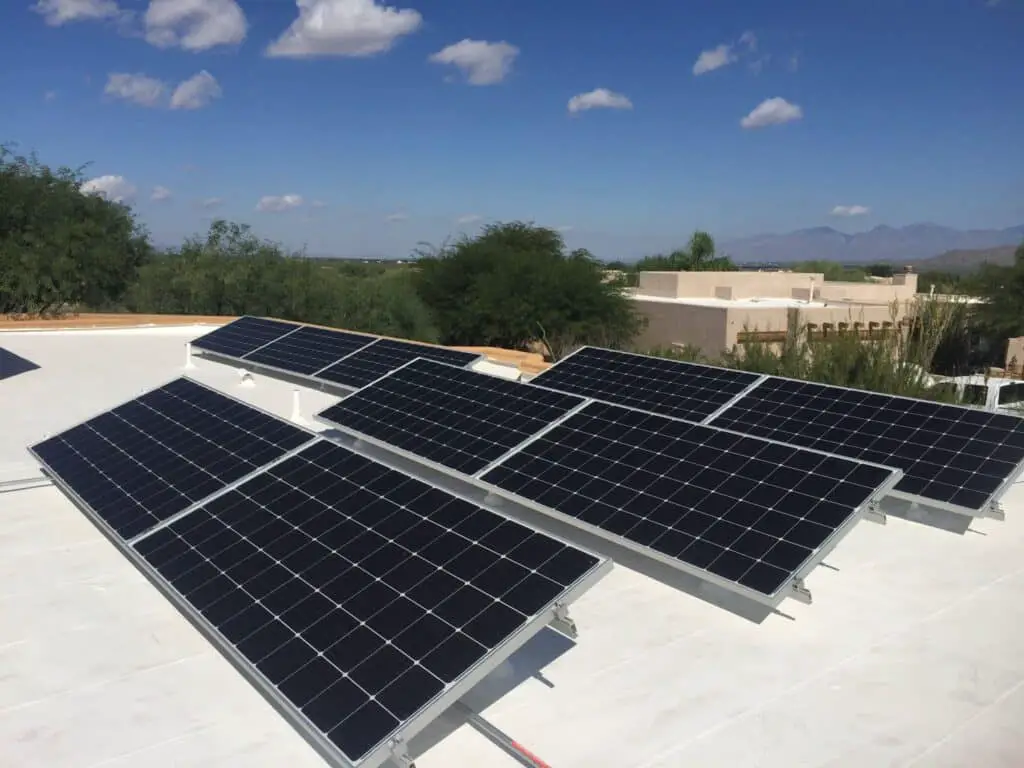
Conclusion
Homeowners have the flexibility to choose from a variety of solar screen options, ranging in opacity and materials, allowing them to customize the level of light blockage to suit their preferences and needs. By strategically installing solar screens on windows that receive the most direct sunlight, one can effectively reduce heat gain and glare without sacrificing the benefits of natural light.
Additionally, solar screens protect your interiors from harmful ultraviolet (UV) rays, which can cause fading and damage to furniture, flooring, and other valuable possessions over time. By acting as a shield against UV radiation, solar power help preserve the longevity and beauty of your cherished belongings. This versatility ensures year-round comfort and energy savings for homeowners.
While some may still be concerned about a potential decrease in natural light, it is essential to recognize that solar screens can enhance the quality of indoor lighting. By reducing glare and preventing harsh direct sunlight, these screens create a softer, more diffused light that can be particularly beneficial for areas like offices and living rooms where working or relaxation occurs. Moreover, the benefits of solar screens extend beyond the summer season.



